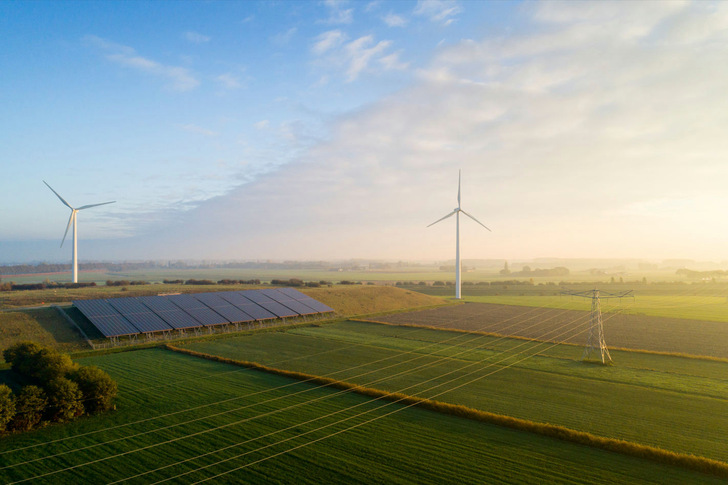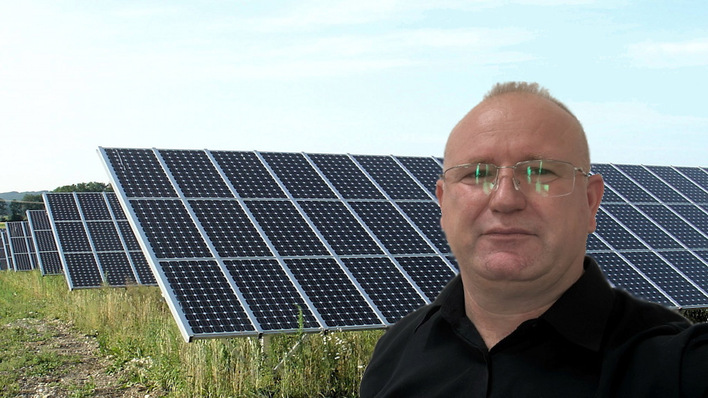BESS shows advantages in hybrid configurations, particularly in scenarios where non-renewable energy sources dominate. Acting as a supplementary power source alongside diesel generators, BESS contributes to a reduction in CO2 and noise emissions, aligning with environmental objectives.
The technology's near-silent operation makes it suitable for sites with stringent noise regulations, and its lowered emissions make it fitting for ultra-low emission zones, aiding organizations in regulatory compliance and progressing towards net zero. The diminished generator runtime not only reduces carbon footprint but also positively impacts operational expenses in the long term through lower fuel consumption.
See also: BESS: worth the hype?
In addressing applications with high power demands on startup, such as motor starts, BESS emerges as a solution to provide additional power in conjunction with an appropriately sized generator, avoiding inefficiencies and unnecessary emissions associated with oversized generators.
Anticipated growth in the BESS market
The escalating emphasis on addressing climate change positions the BESS industry for substantial growth in the next five years. Forecasts project an increase from an estimated 5.4 billion US dollars in 2023 to 17.5 billion US dollars in 2028. With this growth, there is an expectation that global BESS capacity will multiply tenfold by 2030, according to energy research and business intelligence company Rystad Energy.
Identifying barriers to scaling BESS technology
Despite this promising trajectory, BESS is still in its early stages, encountering typical challenges associated with emerging technologies. Barriers include the integration of BESS into existing operations, high initial capital expenditures and a skills gap due to the complexity of the systems.
Also interesting: Solar storage for a school in Bucha in Ukraine
Overcoming barriers and paving the way to net zero
To address these challenges, Aggreko has made significant investments in the largest rental fleet of BESS in Europe. The rental model offers a practical entry point to BESS, minimizing upfront capital commitments and facilitating a phased transition to the technology. Additionally, organizations opting for rental solutions experience lower operational costs and avoid maintenance expenses as well as the need for highly specialized skills. (mfo)









